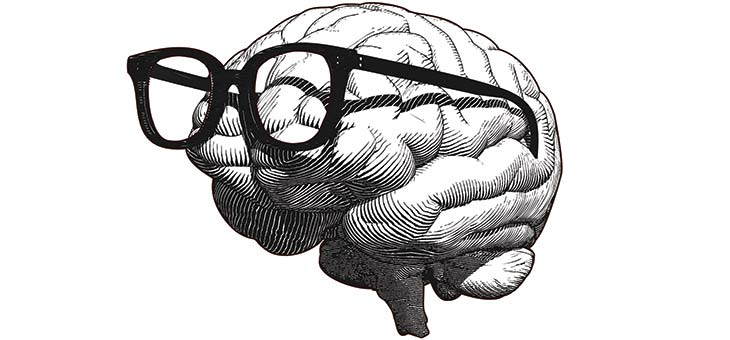Cataracts, glaucoma and macular degeneration are just some of the things that can compromise your vision as you age. But those problems are also being blamed for incorrect diagnoses of declining brain health.
Anne Macnamara, a PhD student at the University of South Australia, harboured suspicions that that might be occurring and, with her colleagues, set up a study to try to find out.
At the university’s CAIN (Cognitive Ageing and Impairment Neurosciences) lab, the researchers invited 24 participants with normal vision to complete two tests of cognition. One measured cognition via vision-dependent reactive tasks and the other looked at verbal fluency.
Read: Eight good habits to improve your vision and eye health
However, in one round of tests, the participants were required to complete the tests while wearing special goggles that effectively simulated the effects of age-related macular degeneration.
In a separate round of tests, they performed the tests without the goggles.
The results showed that in verbal fluency tests, as might be expected, there was no statistical difference when using the goggles. But when it came to the reactive task tests, the goggle-wearers scored significantly lower.
Such results may come across as unsurprising, but they are important. Imagine a person with an undiagnosed vision problem being subjected to a cognition test and assessed as having mild cognitive impairment.
Read: Study finds hearing loss or vision loss linked to weight gain
In addition to the stress of having to process the news of such a diagnosis, the individual may be directed to make changes to their lifestyle, simply because their cognition, rather than their vision, has been assessed as impaired.
It is this sort of misdiagnosis, and the potentially devastating consequences, that Ms Macnamara hopes this research will help to prevent.
“A mistaken score in cognitive tests could have devastating ramifications, leading to unnecessary changes to a person’s living, working, financial or social circumstances,” she said.
Ms Macnamara and her colleagues concluded that their findings “provide a compelling demonstration of how visual impairments may significantly impact performance on cognitive tasks that rely on vision”.
Read: Follow these tips to preserve your eyesight
They say that reduced vision is underestimated in up to 50 per cent of older adults, and this figure is expected to increase in line with an ageing population. It is critical, therefore, that neuro-degenerative researchers control for vision when assessing people’s cognition.
It’s difficult to know just what the prevalence of cognitive impairment misdiagnosis is, but that figure of 50 per cent suggests it certainly happens.
While the medical profession will need to improve in this area, we can help ourselves as we age by making sure we have regular vision checks (which is how my glaucoma was discovered) and ensuring that other health professionals know of any visual impairments you may have.
If you enjoy our content, don’t keep it to yourself. Share our free eNews with your friends and encourage them to sign up.

